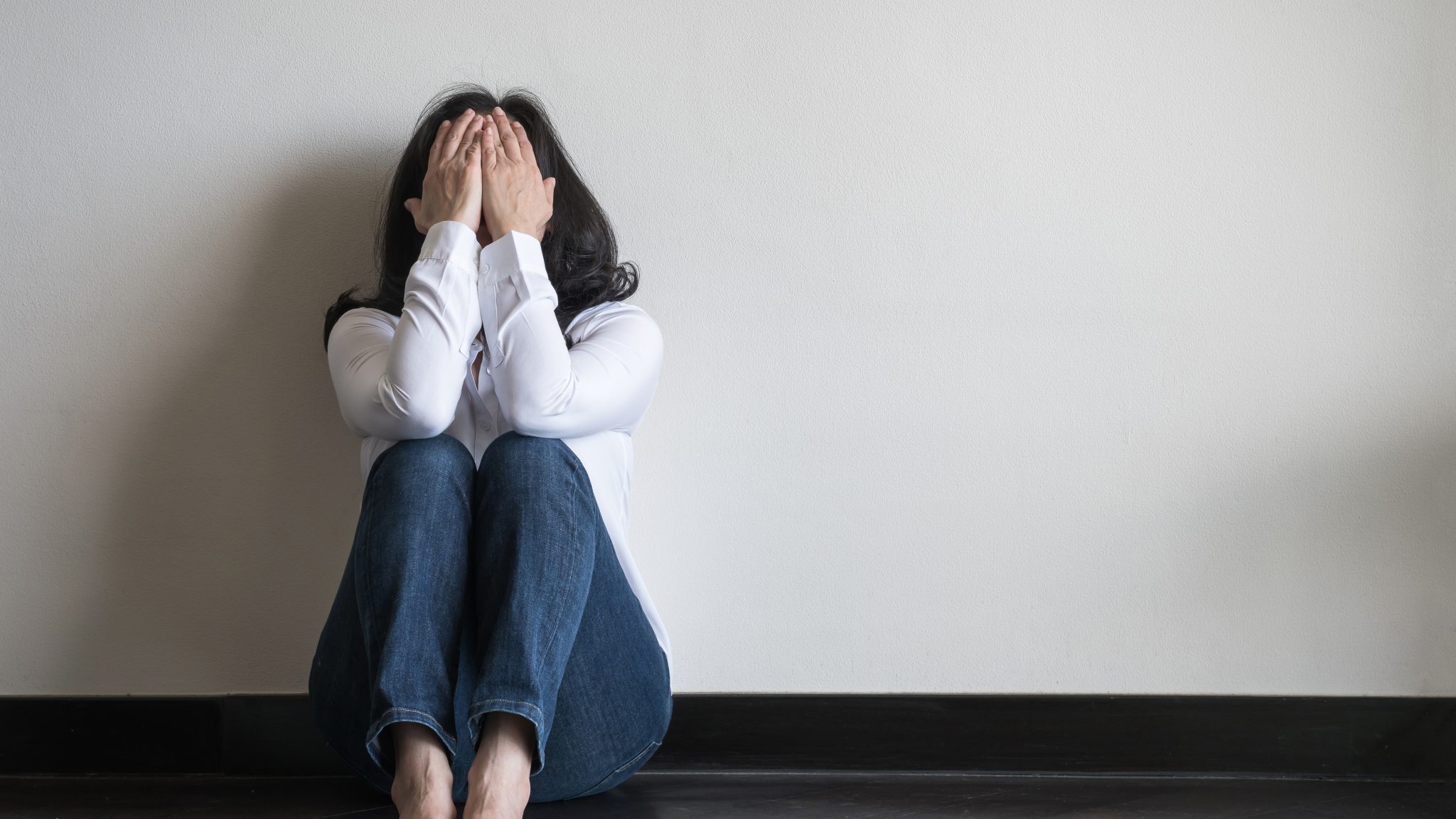Michigan HEAL program works to rehabilitate domestic violence abusers
It’s reported that 1 in 4 women and 1 in 9 men experience domestic violence.

October is Domestic Violence Awareness Month. The National Coalition Against Domestic Violence reports that 1 in 4 women and 1 in 9 men experience intimate partner violence.
Jeffrie Cape is the director of Charron Services and launched the Helping Explore Accountable Lifestyles (HEAL) program. It’s a 52-session battering intervention program created to give perpetrators of domestic violence a chance to reflect and correct their behavior.
“I choose to work with this population because I believe that they deserve the opportunity to figure out how they got here and make changes that will make things different for them,” Cape says.
Listen: Michigan HEAL program works to rehabilitate domestic violence abusers
She’s been working with perpetrators of violence for 35 years — and believes her work prevents the escalation to more severe crimes such as homicide.
“I’ve been in Fatality Review teams in Wayne…Oakland County for decades. The one thing that we always find is that whatever that incident was, it wasn’t the first one,” Cape shares.
HEAL is a year-long program to give people an opportunity to reflect, work in a group setting, and understand core beliefs that may lead to violence and correct those behaviors.
“You need to at least give people the minimum opportunity to have a baseline where they are…having the opportunity to look at their behaviors, and their interactions with their family members and themselves to decide where or how they might want to change those things,” explains Cape.
While it’s hard to measure change, Cape believes that the work makes a difference.
“When you’re talking about something as intimate as violence between people who are engaged in a long-lasting relationship, or even a short-term relationship, there are lots of things that nobody else will ever see or know,” Cape states.
“We use the systems approach, which says that if you learn a skill in one area, you can translate it to other areas,” Cape says about domestic violence impacting everyone in their communities.
It’s important for people to speak up against domestic violence.
“If you are concerned that someone is being abused, follow up on it,” Cape advises. “Recognize that it’s very difficult for people to share and to talk about, especially when they love or care or have committed to the individual, when they have children together…have a house together.”
Resources for abuse victims:
- National Domestic Violence Hotline: available 24/7 by phone at 800-799-7233, text “START” to 88788
- Michigan Domestic Violence Hotline: call 1-866-VOICEDV, text 1-877-861-0222
- Wayne County Resources
Trusted, accurate, up-to-date.
WDET strives to make our journalism accessible to everyone. As a public media institution, we maintain our journalistic integrity through independent support from readers like you. If you value WDET as your source of news, music and conversation, please make a gift today.

